No Influencers Found
Sign Up Now to Access the Full Influencer List
Sign Up

FAQ: Top Streetwear tiktok Influencers in North Korea
Who are the most influential TikTok personalities in North Korea?
If you're eager to uncover the leading TikTok influencers in North Korea, particularly those with substantial followings, our Influencer Discovery tool offers a valuable, no-cost solution.
How to Identify Top TikTok Influencers in North Korea?
The process of identifying prominent TikTok influencers can be approached in two ways. Firstly, you may opt for manual searches within the TikTok application or website, although this method can be time-consuming. Alternatively, you can choose a more efficient route by utilizing our Influencer Discovery tool. This robust tool not only simplifies the process but also allows you to navigate through a vast content creator database, evaluate engagement rates, explore target audience demographics, and more. It assists you in selecting the most suitable influencer for your specific requirements and even offers convenient filtering options based on location, audience size, age, and gender.

 Threads
Threads



